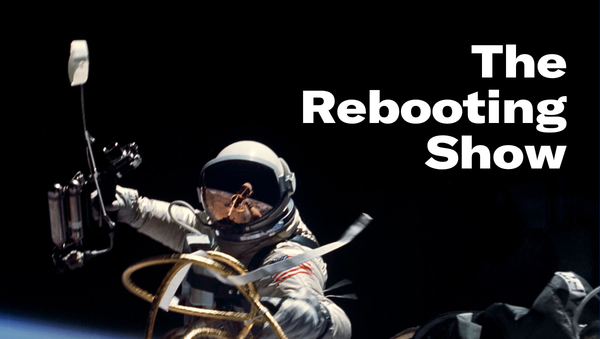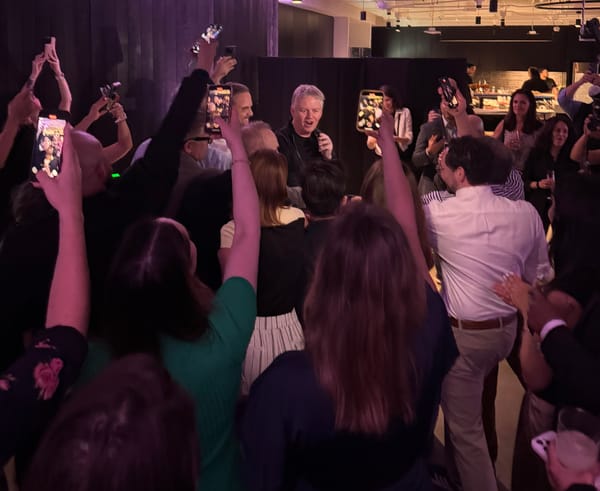Winners of the AI era
Publishers well-positioned for what's to come

Today, thoughts on recent conversations from both sides of the media ecosystem: the buy and sell sides.
Send me feedback to: bmorrissey@therebooting.com.

Scaling video
The Arena Group faced a problem: they knew their audience liked video and they knew video was great for monetization but they didn’t have enough of it. Learn how a partnership with online video platform EX.CO more than doubled revenue across their sites, which include Men’s Journal and Parade. Read the case study.
Winners of the AI era
During the early pandemic period, a veteran agency executive pushed through the gloom to make a salient point to me: During times of upheaval, “the league tables change.” Volatility brings with it opportunities.
The dueling announcements by OpenAI and Google this week marked an important moment. The development of AI tools is picking up momentum and will affect every publisher in profound ways, some of them existentially. And yet, new opportunities will present themselves.
Here’s a look at those best positioned to thrive:




